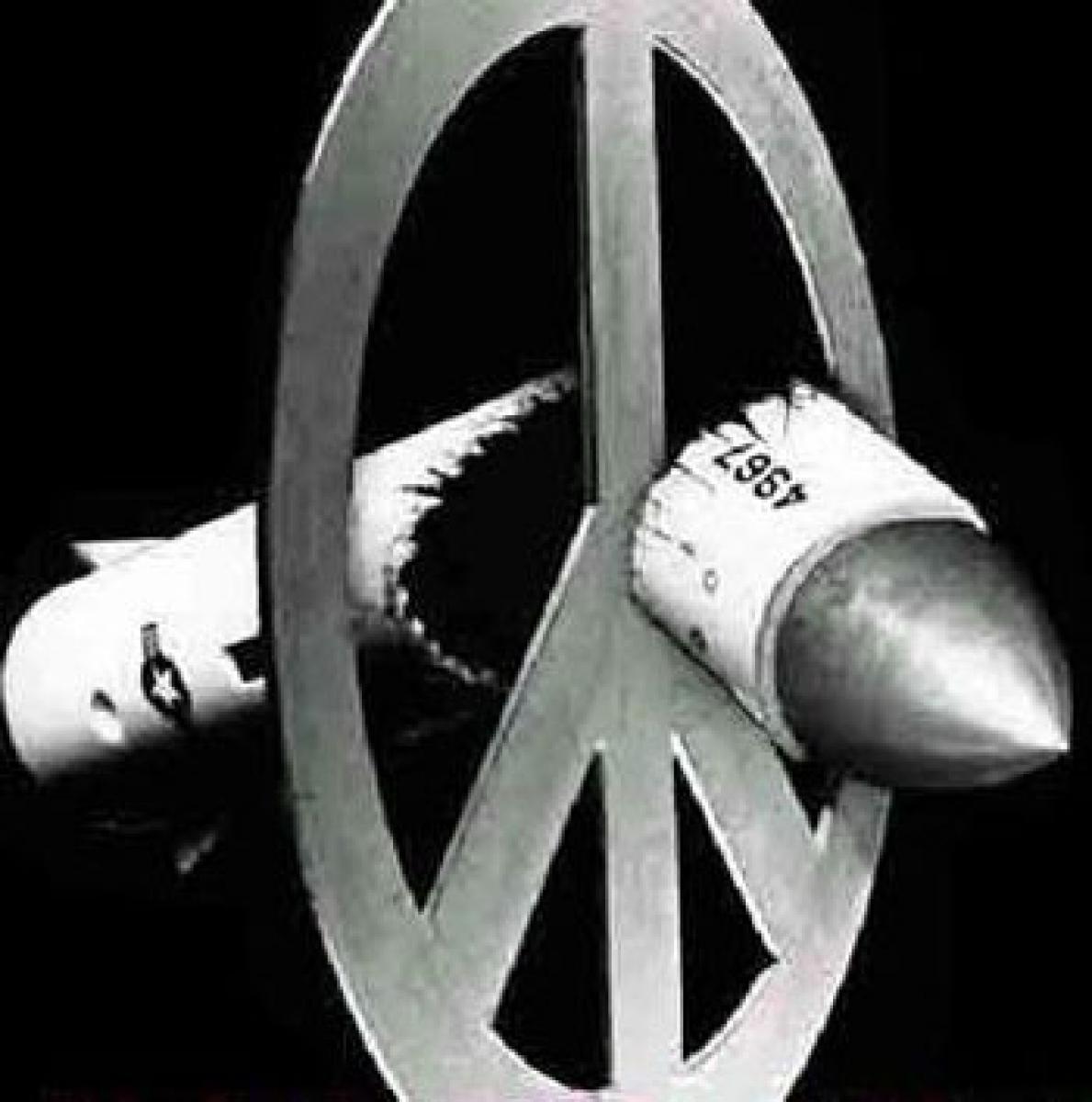Live
- Mandal Level CM Cup Sports Concludes in Ija with Promising Talent and Enthusiastic Participation
- Harish Rao Slams Revanth Reddy: "More Talk, Less Action"
- Revolutionising Oil and Gas: Gaurav Kumar Sinha’s AI-Driven Innovations Transforming Efficiency and Profitability
- Vishal Jain to head AiDASH facility
- Congress Central Election Committee has finalised the names of around 20 candidates for the upcoming Delhi Assembly elections
- District Collector Adarsh Surabhi has ordered to expedite the land acquisition process related to irrigation projects in the district
- Economics and Public policy gets new platform in Bengaluru
- Residents Demand Action After Accidents Highlight Poor Road Safety Measures
- Rahul Gandhi Visits Hathras Victim's Family, Slams BJP For Injustice
- Nitin Gadkari Admits India's Road Safety Crisis, Urges Change In Human Behavior And Infrastructure
Just In

The recently-concluded Summit in Washington was widely represented by leaders from over 50 countries and four international organizations – the European Union, IAEA, Interpol and the United Nations. It is an initiative of President Barack Obama to coordinate international efforts to prevent terror organisations from acquiring nuclear weapons or material.
With the constant onslaught of terrorist attacks and the scourge of nuclear terrorism hanging precariously in this tech-savvy world, the timing and relevance of the Nuclear Security Summit (NSS) couldn’t have been more apt. Importantly for India, Prime Minister Narendra Modi took the opportunity to dispel concerns and reiterate his government’s commitment to nuclear safety by spelling out various initiatives undertaken.
The recently-concluded Summit in Washington was widely represented by leaders from over 50 countries and four international organizations – the European Union, IAEA, Interpol and the United Nations. It is an initiative of President Barack Obama to coordinate international efforts to prevent terror organisations from acquiring nuclear weapons or material. It also aimed at getting the political leadership involved in dealing with the threat of nuclear terrorism. Since the first NSS in 2010, international measures have reduced the risk of nuclear theft and made the illicit transportation of nuclear material difficult. Around 3,800 kg of vulnerable fissile material has been secured and 329 sea and airports around the world now scan cargo for radioactivity.
Such a Summit has become the need of the day because the spectre of terrorism has only grown bigger as the Islamic State has more resolve and resources to seek a nuclear weapon than Al-Qaeda had. With terrorism spreading its tentacles whether it is in Pathankot, Paris or Brussels, care has to be taken to see that nukes do not get into the wrong hands.
Security experts have identified at least four specific threats that terror outfits pose. First, these groups could acquire a nuclear weapon from the arsenal of a nuclear State; secondly, they could acquire enough fissile material to construct an improvised nuclear device; thirdly, they could acquire radioactive material from civilian sources such as hospitals or university laboratories that could be mixed with conventional explosives to make a radioactive dispersal device or ‘dirty bomb.’ And lastly, terror groups could also sabotage a nuclear facility leading to large-scale loss of lives and destruction.
A recent report by the Washington DC-based Nuclear Threat Initiative, ranked India low in nuclear security measures. It cited corruption as a key reason that could compromise its nuclear facilities. Even though the Government of India doesn’t take this report seriously, India’s situation continues to be vulnerable because the country is a source of nuclear material and a potential target of nuclear terrorism. While the nation takes pride in the security of its nuclear installations, ‘orphan sources’ i.e. devices with radioactive materials outside regulatory and security measures could pose serious risks.
National Security Advisor Ajit Doval has stressed on the fact that India was deeply interested in seeing that the safety and security of the radioactive material must be ensured. In tune with the NSA’s assertion, India pledged a contribution of $1 million and Modi underlined the priority India has attached to nuclear security at home, in terms of institutional frameworks, resources for training people, and by continuing to reflect India’s international obligations in national actions.
However, one of the crucial issues talked about in the conference for the first time was that there should be a reduction in the nuclear arsenal of India and Pakistan. But the crux of the story is that substantial progress in this sphere can never be achieved till the US and Russia, the two largest possessors of nuclear arsenal, are prepared to lead the way. In this regard, Russia was conspicuous by its absence because of its strained relations with the US. The joint communiqué of the Summit noted that “more work remains to be done to prevent the non-State actors from obtaining nuclear and other radioactive materials which could be used for malicious purposes.” As yet another Summit drew its curtain down for this year it has achieved only little in reality.
Without prevention and prosecution of acts of terrorism there could be no deterrence against nuclear terrorism. Whether the international community can muster the political will to finish the nuclear security race is an open question. Till then this Summit would continue being a “sprint in the middle of a marathon.”

© 2024 Hyderabad Media House Limited/The Hans India. All rights reserved. Powered by hocalwire.com







